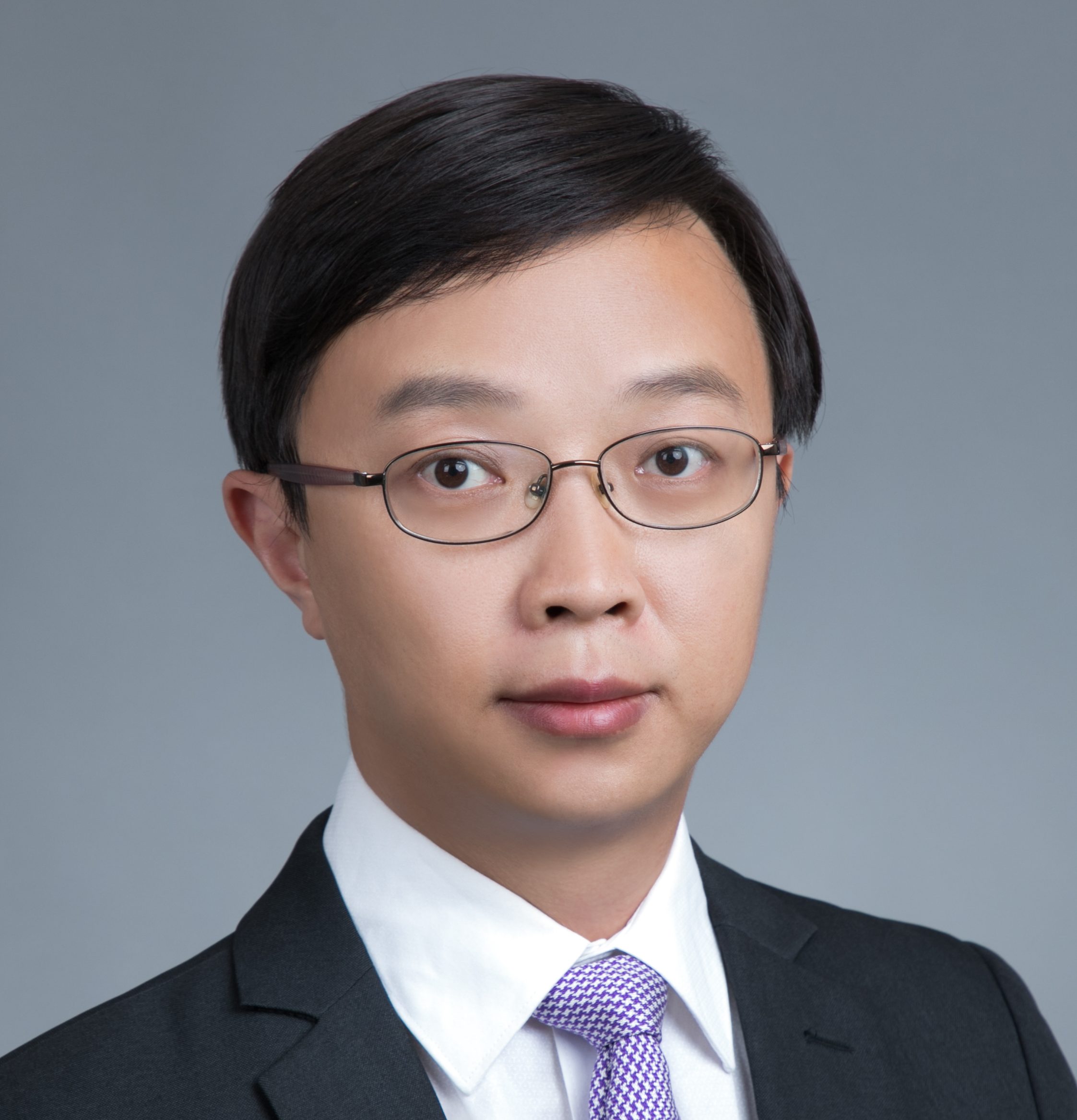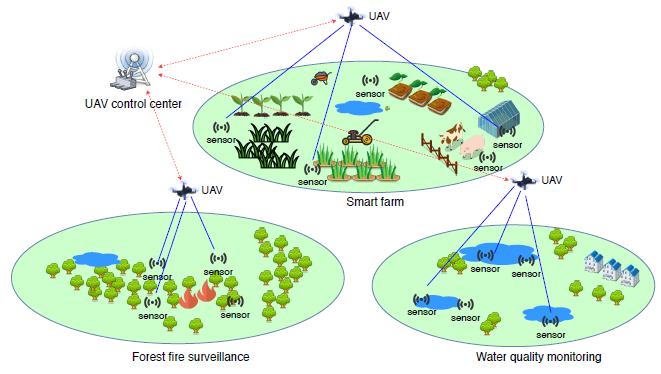UAV-enabled data acquisition scheme with directional wireless energy transfer for Internet of Things
Abstract
Low power Internet of Things (IoT) is suffering from two limitations: battery-power limitation of IoT nodes and inflexibility of infrastructure-node deployment. In this paper, we propose an Unmanned Aerial Vehicle (UAV)-enabled data acquisition scheme with directional wireless energy transfer (WET) to overcome the limitations of low power IoT. The main idea of the proposed scheme is to employ a UAV to serve as both a data collector and an energy supplier. The UAV first transfers directional wireless energy to an IoT node which then sends back the data packets to the UAV by using the harvested energy. Meanwhile, we minimize the overall energy consumption under conditions of balanced energy supply and limited overall time. Moreover, we derive the optimal values of WET time and data transmission power. After analysing the feasibility of the optimal WET time and data transmission, we design an allocation scheme based on the feasible ranges of data size level and channel-fading degree. The numerical results show the feasibility and adaptability of our allocation scheme against the varied values of multiple system parameters. We further extend our scheme to the multi-node scenario by re-designing energy beamforming and adopting multi-access mechanisms. Moreover, we also analyse the mobility of UAVs in the proposed scheme.
Keywords
- Unmanned Aerial Vehicle (UAV)
- Internet of Things (IoT)
- Wireless Energy Transfer (WET)
- Data acquisition
Bibtex
@article{LIU2020184,
title = "UAV-enabled data acquisition scheme with directional wireless energy transfer for Internet of Things",
journal = "Computer Communications",
volume = "155",
pages = "184 - 196",
year = "2020",
issn = "0140-3664",
doi = "https://doi.org/10.1016/j.comcom.2020.03.020",
url = "http://www.sciencedirect.com/science/article/pii/S0140366419304852",
author = "Yalin Liu and Hong-Ning Dai and Hao Wang and Muhammad Imran and Xiaofen Wang and Muhammad Shoaib",
}


Leave a Reply